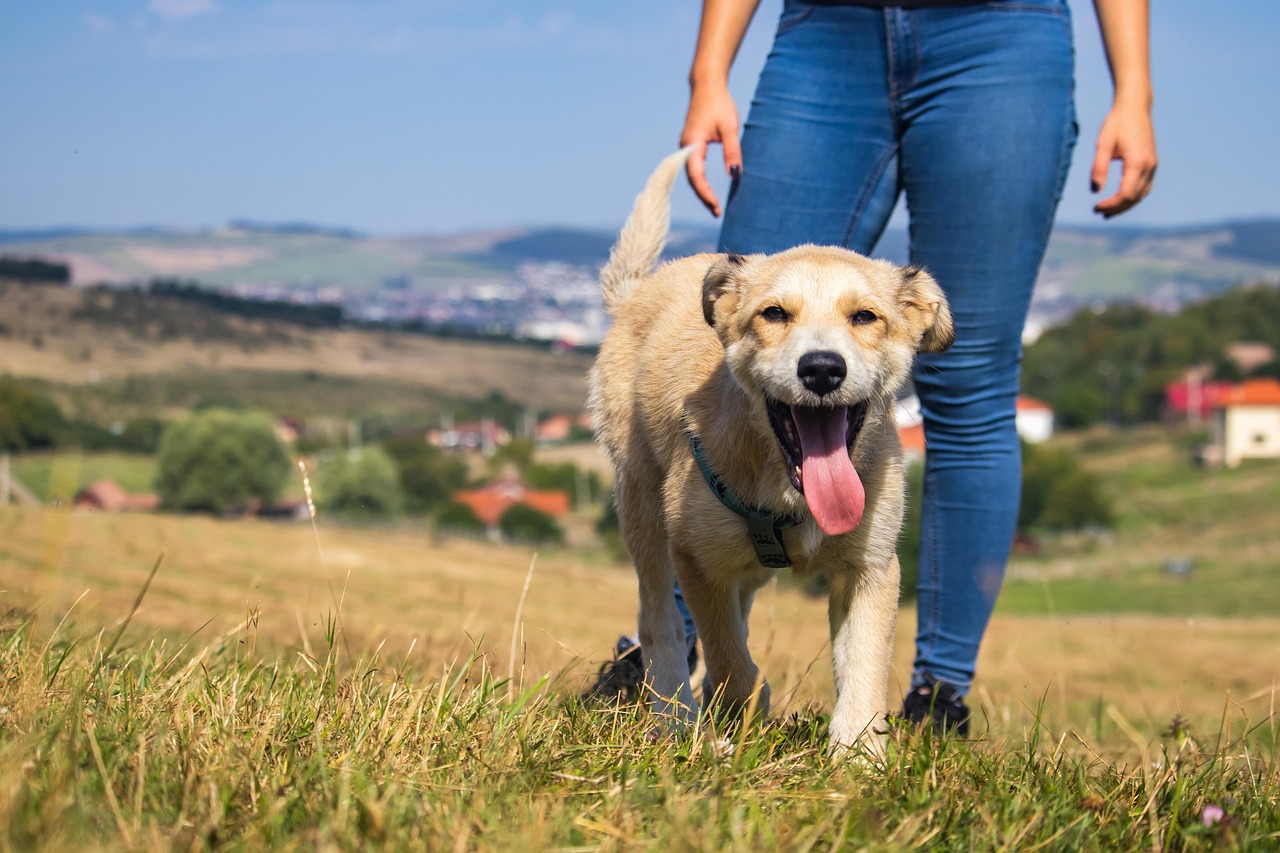By Krista Halling DVM DACVS
When you’re out hiking, camping, or road-tripping with your dog, a well-stocked dog first aid kit can save the day—and possibly your dog’s life. You can either build your own, or modify a store-bought first-aid kit. Below are the essential items in River’s first aid kit.
First-aid kit containers
- Tackle box
- Large waterproof pouch
- MEC first-aid pouch
Basic supplies
The supplies listed in bold are those I carry on every adventure, even day trips.
- Pet first aid manual
- Paper copy and digital copy of your dog’s info (name, weight, meds, vet & emergency contacts, microchip number, vaccination status)
- Emergency numbers (e.g. Animal Poison Control: 1-888-426-4435; Pet Poison Helpline: 1-855-764-7661)
- Penlight or flashlight (Smartphone flashlight may work but the beam is not as focused)
- Digital thermometer (rectal)
- Emergency blanket – these do work on dogs too
- Rubber or latex-free gloves
- Safety pins and Zip-loc bags
Bandaging & Wound Care
- Sterile saline solution (eye and wound flush) (If you don’t carry sterile saline, clean drinking water can be used as a first-aid flush of skin wounds and eyes. it’s not sterile but typically is much “cleaner” than whatever dirt/sand/grit is in the wound)
- Alcohol wipes
- Gauze rolls (various sizes)
- Non-stick sterile pads
- Absorbent gauze pads
- Adhesive tape
- Triple antibiotic ointment (no combos with steroids; not for cats)
- Raw honey or Medihoney™ dressings (raw honey is a very effective antimicrobial and promotes wound healing)
- Scissors (blunt-ended)
- Splints or tongue depressors
- Styptic pen (for bleeding toenails)
- Vetrap (be VERY cautious if applying this and apply it only loosely. It quickly and easily tightens and can restrict blood flow to tissues)
- Baby socks used as a quick cover for paws (also reduce overnight heat loss from your dog’s feet when camping outdoors)
Medication & tools
- Diphenhydramine (e.g. Benadryl®, 25 mg tablets or 12.5 mg/5 mL liquid) – NO combo ingredients; label with dose
- Heartworm/flea/tick/internal; parasite medications (I keep these here so River’s meds are all in one place)
- 3% Hydrogen peroxide – to induce vomiting (check first with vet or poison control if okay to induce vomiting) (place in a sealed, opaque container labeled with with dose and exp date)
- Oral dosing syringe or turkey baster (for meds or peroxide)
- Measuring spoon set (tablespoon/teaspoon)
- Tweezers
- Tick removal key
- Needle-nosed pliers
- Instant cold pack
- Liquid dish soap (e.g. Dawn, no bleach additives)
Safety & restraint
- Muzzle, slip leash, or roll of gauze to create a temporary muzzle
- Extra leash or slip lead
- Large towel or blanket (can be used to carry injured dog)
- Dog evacuation sling
Optional but smart
- Small container of baking soda (for insect stings)
- Skunk odor remover recipe (print and pack: peroxide + baking soda + dish soap)
- Emergency contact sheet laminated and stored in each vehicle
Pro tip: Keep a small kit for adventures and another larger kit at home. And make a habit of checking expiry dates—especially for hydrogen peroxide and medications.
By having both a small travel-pack and a larger first-aid kit for your dog at home, you’ll be ready for surprises on the trail, in the car or a home. Is there something you always pack that we didn’t include? Share it in the comments.
About the author
Krista Halling is a veterinarian board-certified with the American College of Veterinary Surgeons and creator of Dogpacking.com. She is also certified in the Human-Animal Bond and in Canine Physical Rehabilitation. Krista loves travelling and adventuring with River, her mini goldendoodle sidekick. Her duck and tortoise largely stay home.




Is there a first aid manual for pets that you like?? I know we have small waterproof ones for wilderness medicine that we carry in our first aid kits. Would love a similar one for Ruby.
Thanks for this question, Donna! I’m still vetting a few that are out there. The issue is that the ones I’ve looked at contain some procedures or recommendations that are no longer considered best-practice. I havent given up looking. Might team up with a colleague to put one together 🤔. Krista